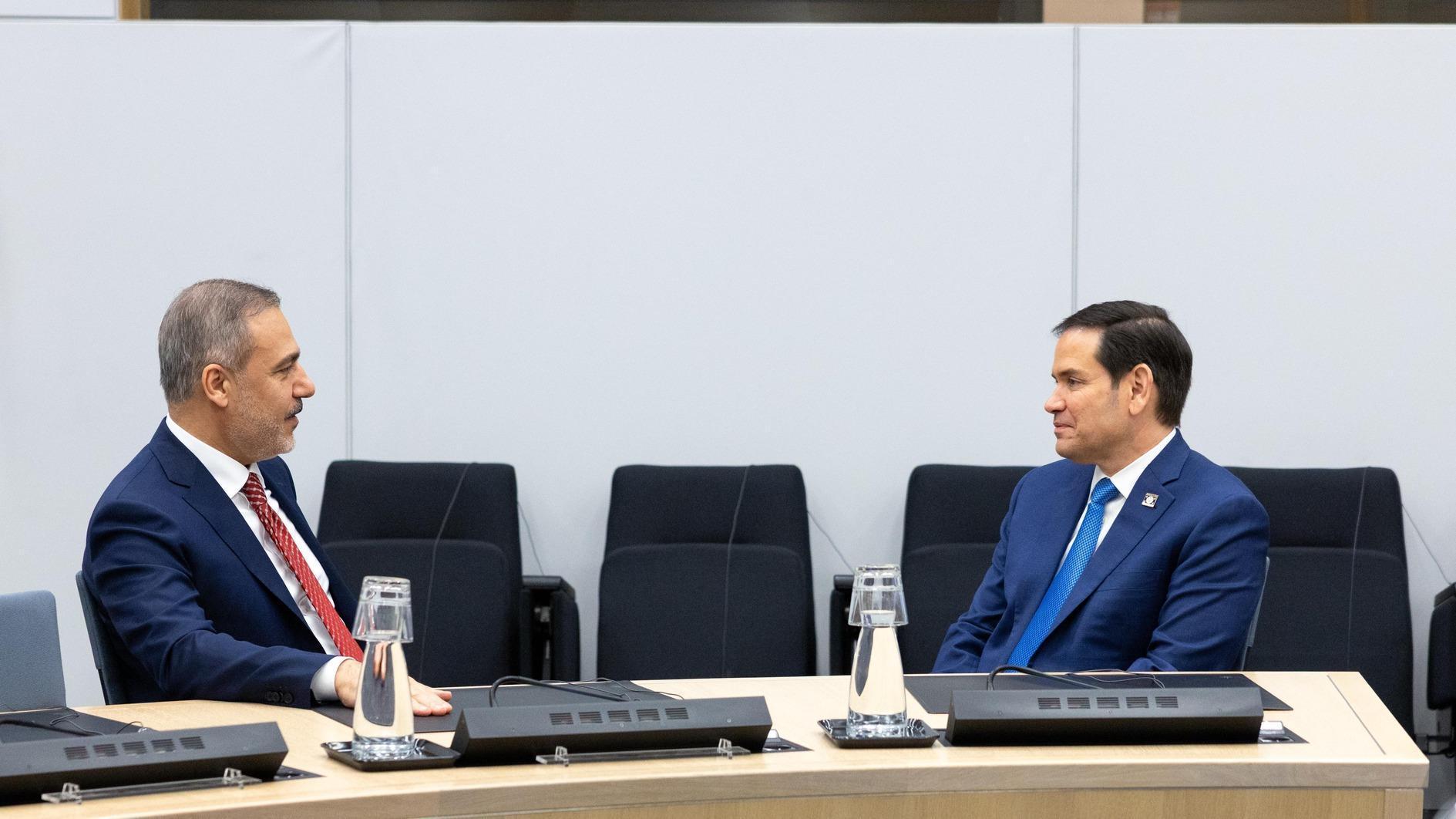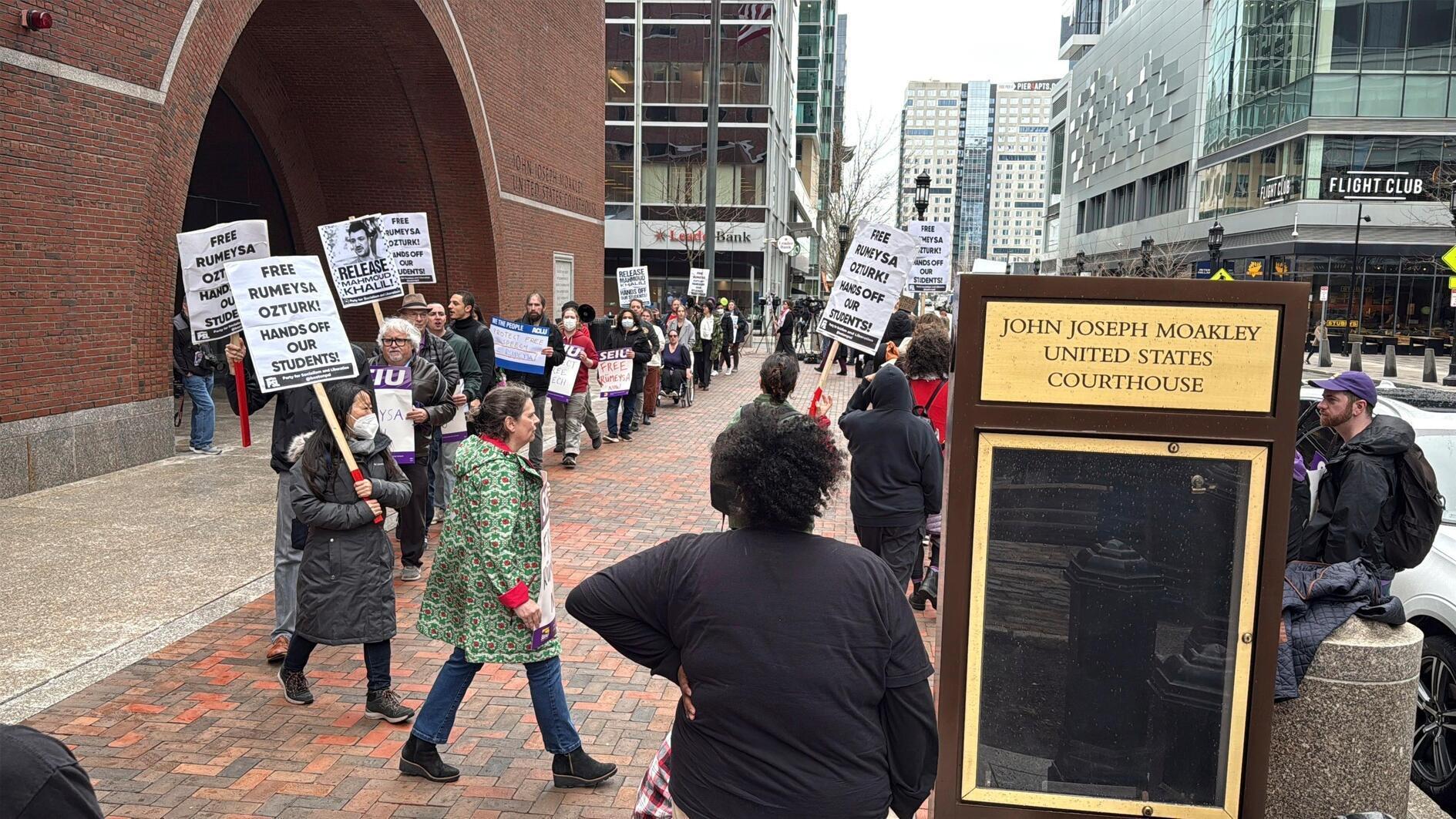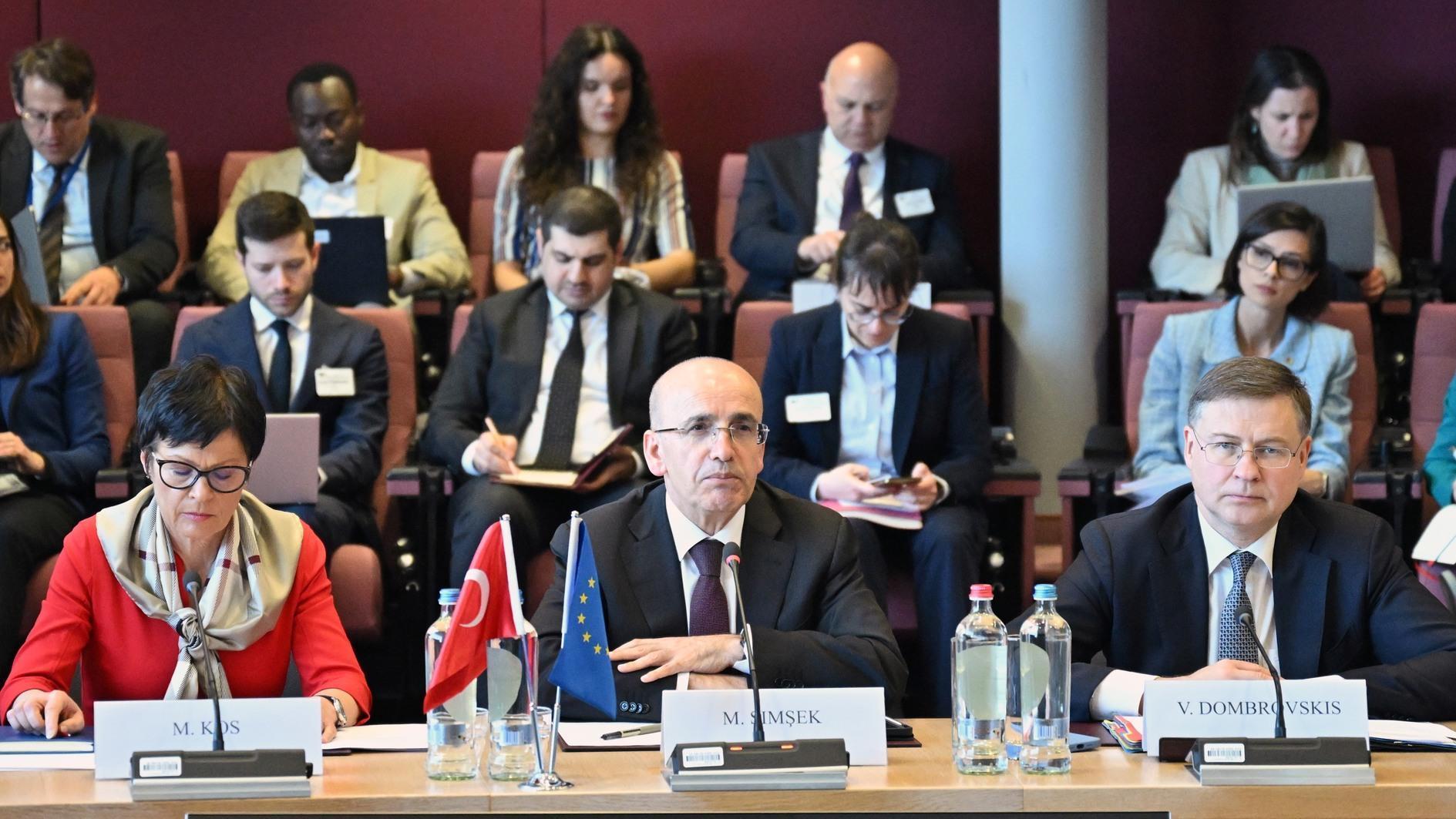Welcome to a Post-Post-Cold War World
James Jeffrey - Soner Cagaptay
We are at the precipice of the end of an international order. With the upheaval of the Syrian civil war now involving Iraq – complemented by the invasion of Ukraine – the Post-Cold War order is coming to an end, and we are moving into a Post-Post-Cold War phase in global politics defined by the absence of a defining international order.In earlier international systems of order, countries usually played by the rules. If they did not, they feared the consequences. Yugoslavia, for example, agreed to relinquish Trieste to Italy during the 1920s under pressure from the League of Nations.
Even when major challenges rose to the systemic order, leading international players moved to contain the damage. The 1920s naval agreements among major powers and the energetic efforts by American-led coalitions to deal with Iran in the so-called “Tanker War” during the 1980s highlight Big Powers’ ability to tackle key challenges to international order. More recently, the post-1989 international order has successfully dealt with systemic challenges posed by Saddam in the First Gulf War, Milosevic in the 1990s, and al Qaeda after the attacks of September 11.
But the onset of a series of cataclysmic events can foreshadow the collapse of this global order, when state actors responsible for enforcing that order are unable, ill-prepared or unwilling to deal with the crisis. When the big powers fail to manage these crises, “anti-order” powers are encouraged to act against world order.
Although the crises in Ethiopia, Manchuria and the Sudetenland did not launch World War II, they did signal to aggressors – Italy, Germany, Japan and the Soviet Union – that the international community would not respond forcefully.
The Spanish Civil War is perhaps the most apt example of this phenomenon. The war began when right-wing insurgents challenged the republican government in Madrid with the goal of regime change. International powers attempted to back the moderates on the side of the government, but this effort failed.
“Anti-order” actors ended up accelerating the fighting: the USSR-supported communists fought with the regime while fascists backed by Italy and Germany fought among the insurgents. But these efforts were not limited to diplomacy, arms shipments and “volunteers”; rather, these dictatorships got directly involved with military units and established foreign forces that ultimately determined the outcome of the war.
So how does Syria now signal that the current world order is coming to an end? The Cold War era was defined by a number of key factors: U.S. readiness to “manage” crises beyond the core treaty-based Western security perimeter Taiwan (1994), Somalia (1992-3), Iraq (continuously since 1990), Iran (continuously since 1979), Milosevic (1994-99), among others.
As the key state actor, the U.S has made a meager effort at supporting the moderates in Syria. This has led to the ascendency of two forces inimical to the international order: Bashar al-Assad’s remnant, war-crime-drenched government backed by Iran and Russia, and ISIS, the Middle East’s nightmare for two generations, a powerfully messianic and violent Islamist radical movement.
Syria today looks much like Spain did in 1936. Sunni powers Qatar, Turkey and Saudi Arabia, and non-state Salafists are behind various Sunni factions. At the same time, anti-systemic powers, (Shiite) Iran and Russia are supporting the regime, while Iran-backed Hezbollah operates in Syria in a similar fashion to German and Italian troops in Spain. In the absence of Western leadership to shape the outcome of the conflict, “volunteers” are streaming from the West to fight in the war.
The Spanish Civil War acted as a precursor to the Second World War that effectively ended the League of Nations order. The Germans and Italians who backed the winning side then went on to challenge the international order, abetted by the other major player involved in the civil war, the USSR (and, in the Pacific, Japan), effectively ending that order.
Today, the Syrian civil war is having the same effect for the post-Cold War order. If the U.S. and its allies fail to manage the Syrian crisis, now spread to Iraq, the victorious “anti-order” actors from the Syrian theatre, ranging from Russia and Iran to al-Qaeda and ISIS, will end the post-post-Cold War order.
If we are not decisive and nimble, a dog-eat-dog world similar to the late 1930s could be awaiting us.
* Jim Jeffrey is the Philip Solondz Distinguished Visiting Fellow at the Washington Institute, and a former Ambassador to Turkey and Iraq. Soner Cagaptay, Beyer Family Fellow at the Institute, is the author of ‘The Rise of Turkey: The Twenty First-Century’s First Muslim Power.’











